-
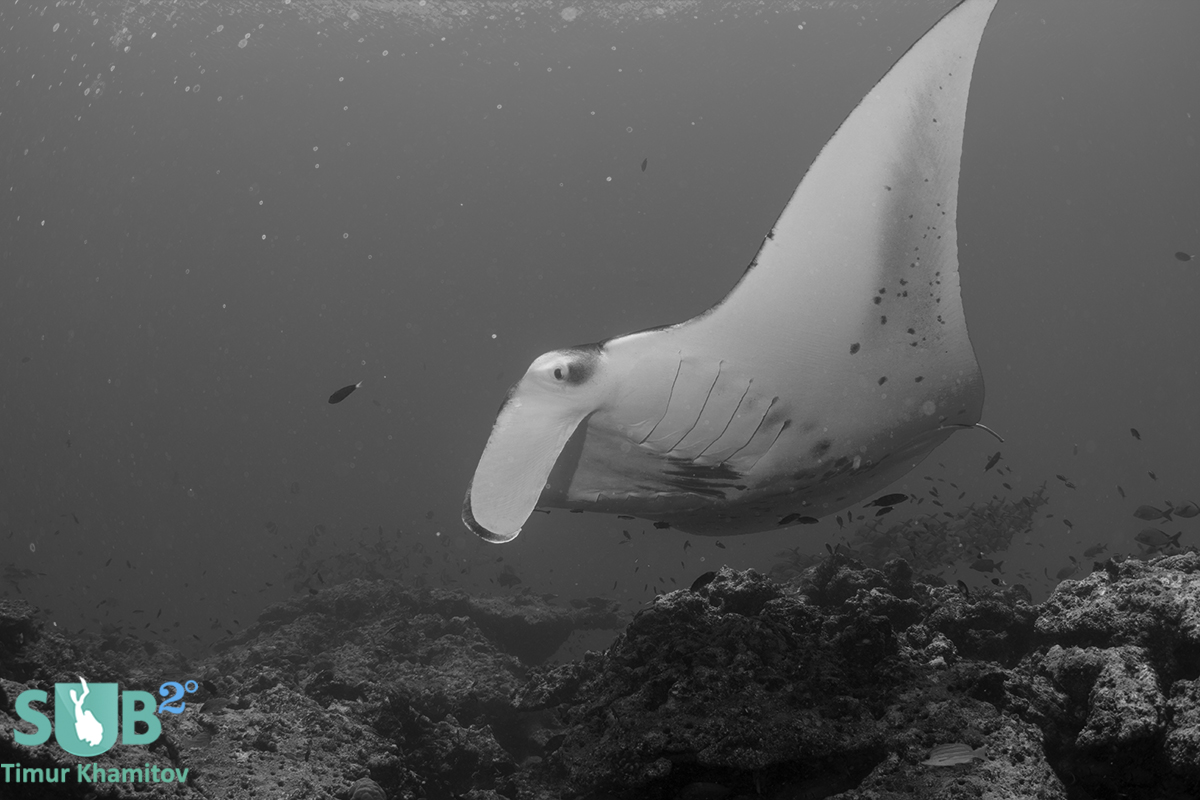
Manta Cleaning Station
The grace of the Manta is unreal, its mesmerizing to observe this beautiful creature fly around. -
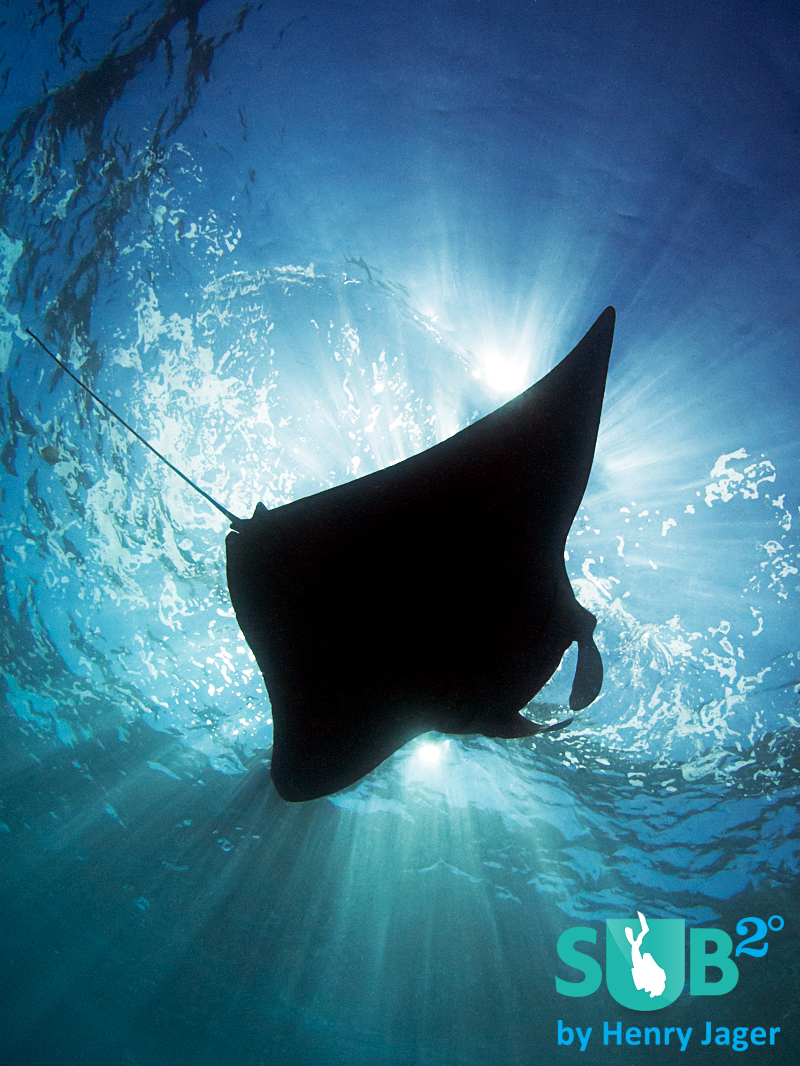
Manta Silhouette
Dancing just below the surface, Manta rays offer a special kind of show. -
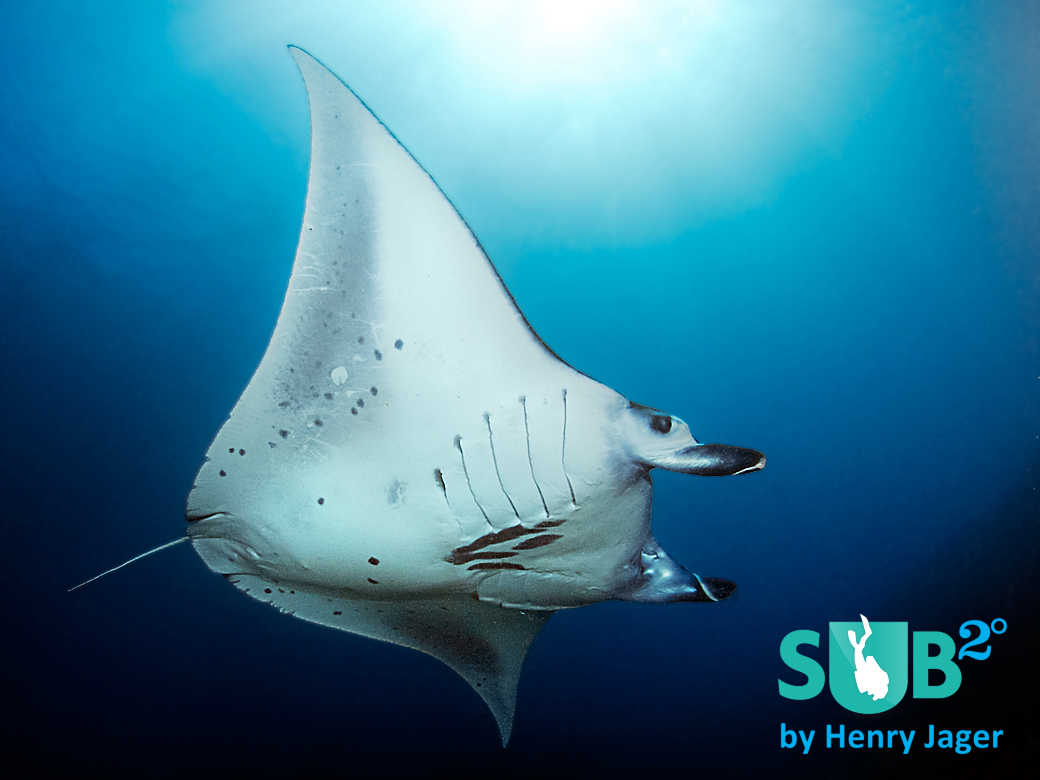
Manta Ray
They say, they have 99% Manta guarantee in Nusa Penida. -
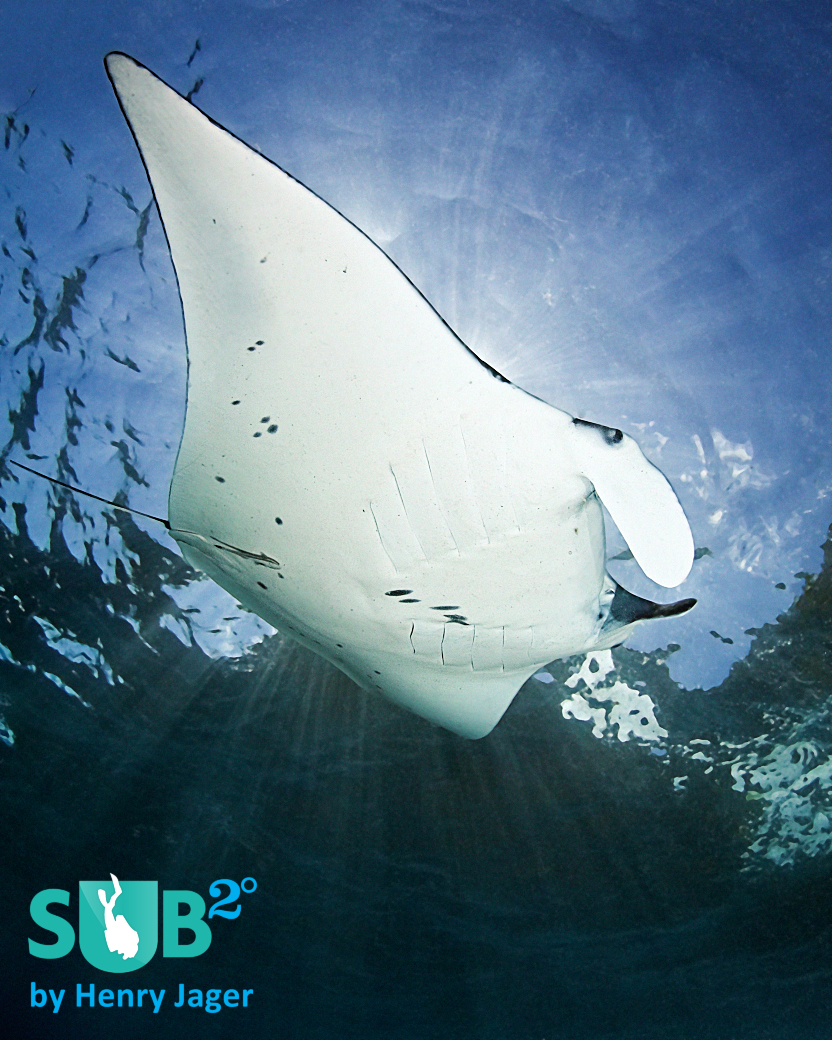
Manta Ray
Diving with Mantas is one of the most exciting dives you can experience. -
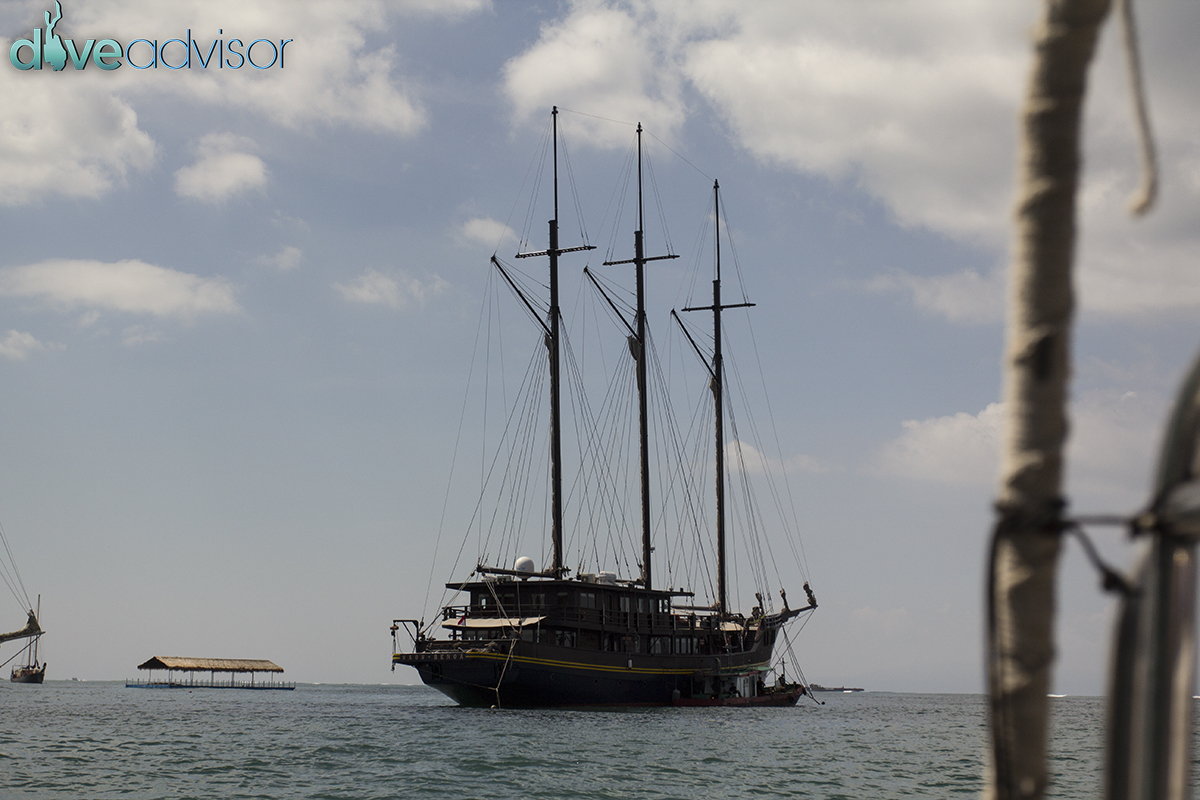
PT WAOW
Easily the classiest, most luxurious boat/ship I've ever been diving on.
Indonesia Bans Manta Fishing, Part 1
Manta Rays are easily my favorite marine animals. No dive excites me like a manta cleaning station or any other manta encounter. I have been very motivated to get involved with Manta Ray conservation, so when I came across some interesting materials regarding the ban of manta fishing in Indonesia, I felt inclined to share some thoughts of my own.
In my previous articles, 'Economics of Conservation' Part 1 and Part 2, I had looked at the importance of viewing conservation as an economic activity, where the net value derived to each stakeholder will determine whether or not there is a sustainable mechanism for conservation or not. Quite simply, it is the cost/benefit analysis of participating in unsustainable marine related activity vs. sustainable marine activity.
For this series of articles, I have been researching the issue of Manta Conservation in Indonesia, and what factors come to play into the equation.
Issue of Manta Conservation
Manta rays are another marine animal in the list with a radically declining population. The IUCN Red List of Threatened Species currently classifies them as ‘Vulnerable to Extinction’. As most divers know, Indonesia is a very active part of the planet for Manta habitation and is currently fighting a battle against fishery.
In February of this year (2014), the Indonesian government has implemented a nationwide ban on manta fishing. Mantas are primarily caught for their Grill Rakers, which are sold in Guanghzou region as a medical product to supposedly cure a very wide range of diseases. This ingredient, however, is not part of Traditional Chinese Medicine.
Cost of Enforcing Ban and Building Tourism Infrastructure
"Tourism and fishery values of mantas are at direct odds with one another and we need to make a choice," said Dr. Tiene Gunawan, Conservation International's Indonesia Marine Program Director, and added "The economics make our decision easy; we now know that a living manta ray is easily worth at least 2,000 times more alive."
The first thing that comes to mind is that the numbers listed above don’t factor very important costs. The comparison above compares the estimated lifetime value of a manta ray in the context of a tourist attraction versus the 'retail' value that can be derived from fishing the manta and selling it for medicine.
One thing that does not seem to get factored is the cost of policing such a large territory. The manta fishing ban is great on paper, but until it is policed, its nothing more. So even though the 'retail cost' of a dead manta is no more than $500, if you hypothetically allowed fishing to go on and didn't have to be policing the poachers, you would be saving millions.
The second factor, not included in the equation, is the additional cost of all the manta tourism. You can't simply make millions; you need to first invest millions. You need to build hotels, roads, dive centres, liveaboards, airports, hire more border guards, train local divers etc. In 10-15 years you can maybe recover the investment, or perhaps you can't.
You cannot simply look at the 'revenue' and not factor in the costs. If this analysis were done correctly, manta tourism wouldn't be such a clear-cut winner, economically at least. Especially if you view it from the perspective of a local Raja Ampat community member who does not get a share in the 5-star liveaboard that he distantly sees off the horizon of his shores.
"Indonesia now has the second largest manta ray tourism industry in the world, with an estimated annual value of over US$15 million," declares Agus Dermawan, the Director of the Ministry's Marine Conservation Directorate. "Given the huge area of reefs and islands in our country, if managed properly, Indonesia could become the top manta tourism destination on the planet."
Essentially, all forms of unsustainable damage to the environment: reef destruction, overfishing, manta fishing etc. are all a negative externality of lack of quality employment, i.e. alternative employment that can provide an equal or greater standard of living than the unsustainable one.
The real question is the amount of direct benefit of the 'Manta Tourism Revenue' that reaches the local communities. Indonesia already has a rather large Manta and broader Scuba Industry, but the local communities don't benefit from them enough. This is why many resort to manta fishing and other forms of poaching.
If the standard of living provided by the 'Manta Tourism' industry is able to surpass that which manta fishing can provide, the tourism will win. If all the money leaves the community through foreign ownership and government corruption, conservation cannot occur.
In the part two of the series, I will aim to look at what I believe the government needs to do to improve the distribution of wealth in the country.
All materials reviewed are in links in sidebar.
Further Reading
Featured Posts
-
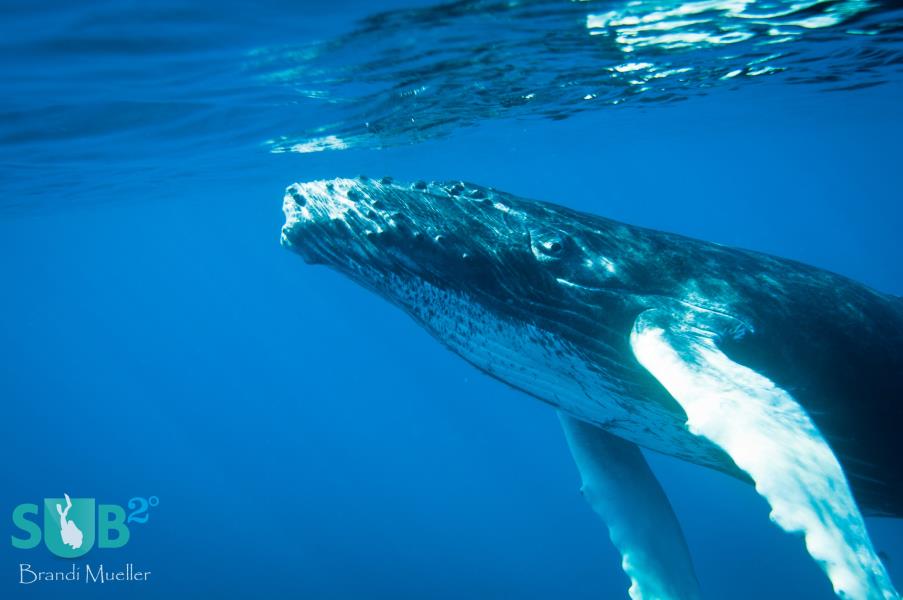
Humpbacks of the Silver Bank
Nothing compares to being in the water with a 40 foot humpback whale. These beautiful and graceful animals are nothing short of amazing. The Silver Bank is a winter gathering place for humpbacks and more recently, snorkele...
-
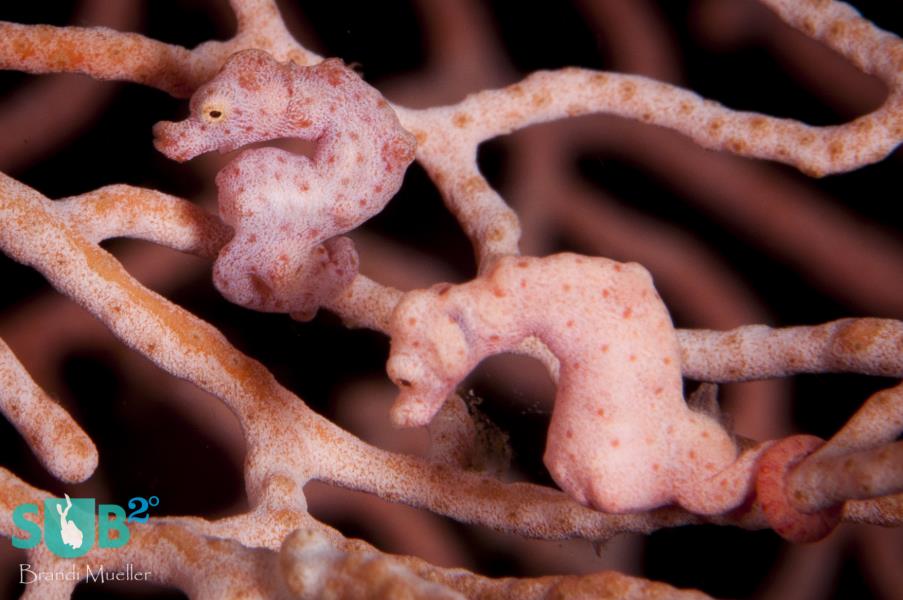
On Seahorse Love
When boy meets girl in the world of seahorses a beautiful and often extensive courtship occurs. They change colors and entwine their tails. Then they rise off the seafloor and the female deposits her eggs into the male’s p...
-
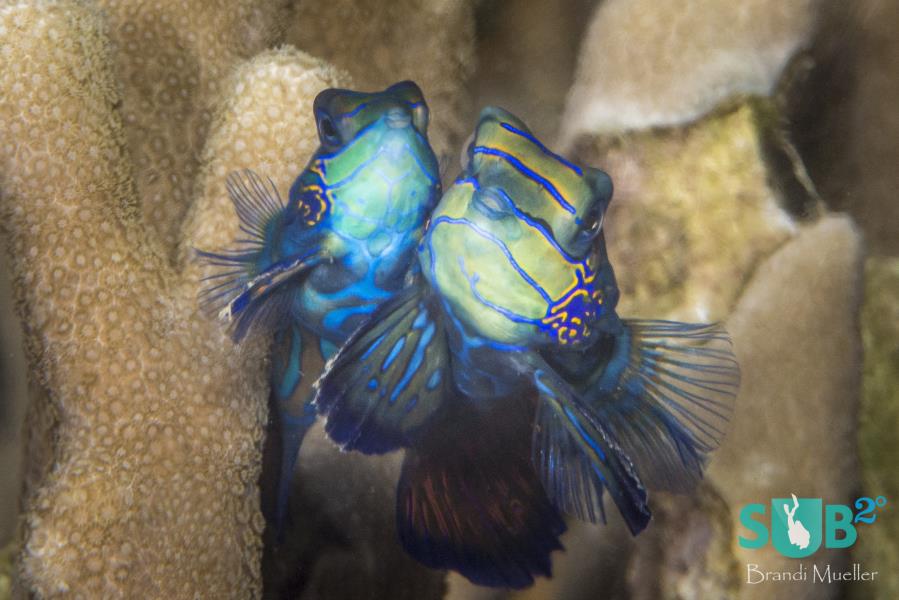
Mandarinfish-The Courtship Dance
On the reefs of the Pacific, twilight marks the beginning of the mandarinfish courtship dance. A male begins dancing, and if he’s desirable, an interested female will join. Just before the sun sets, the two fish will rise u...
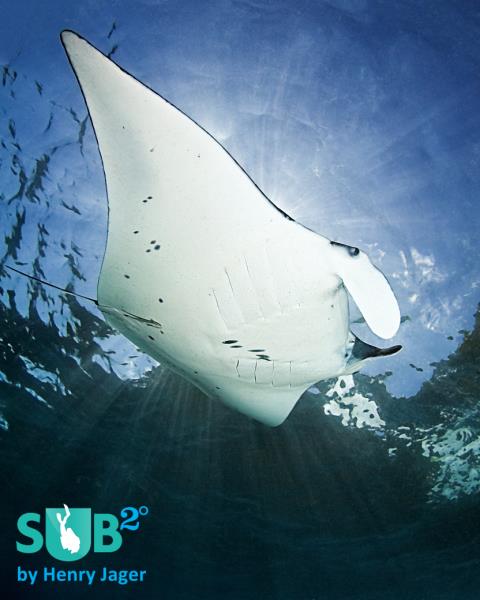
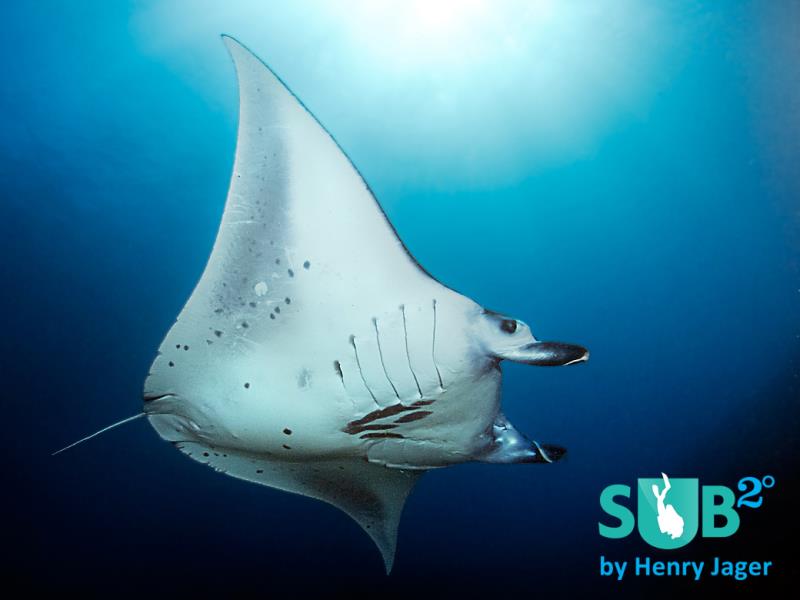
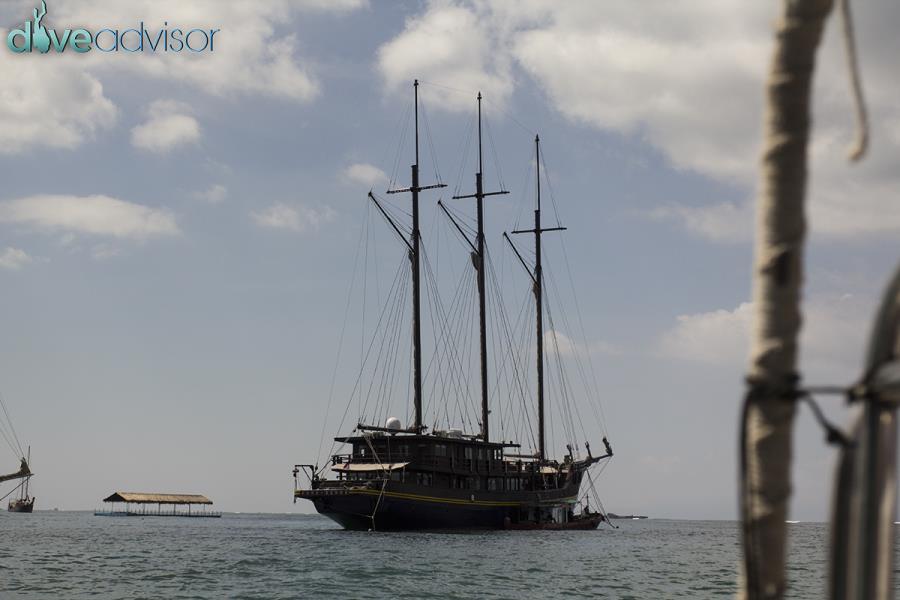
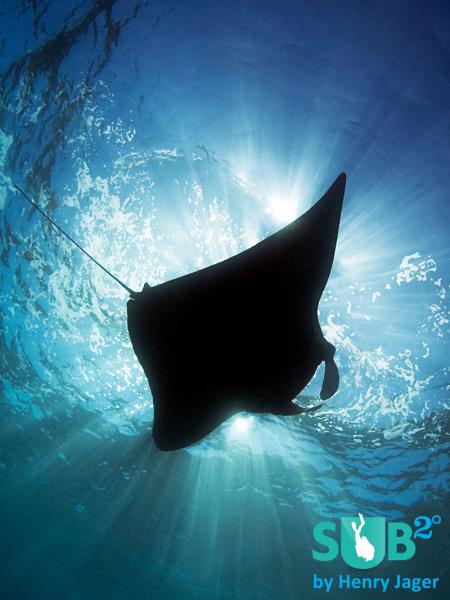
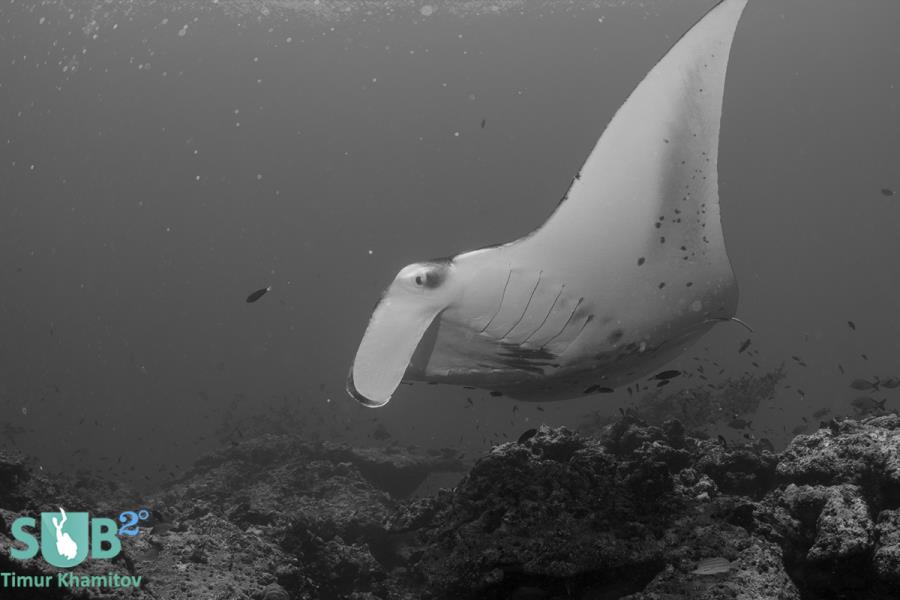



Load more comments